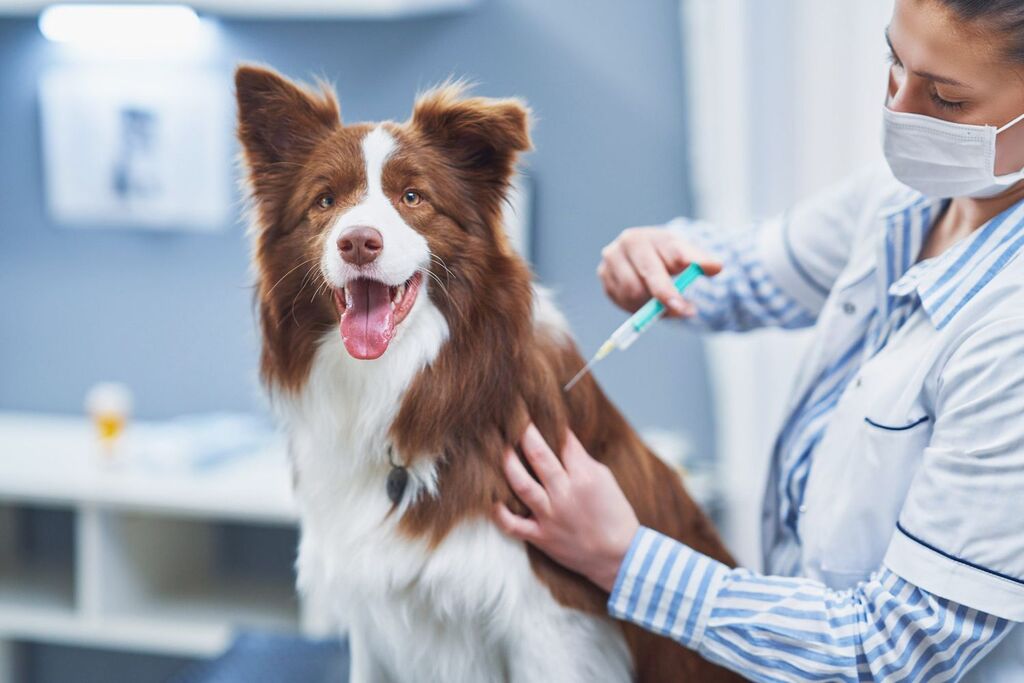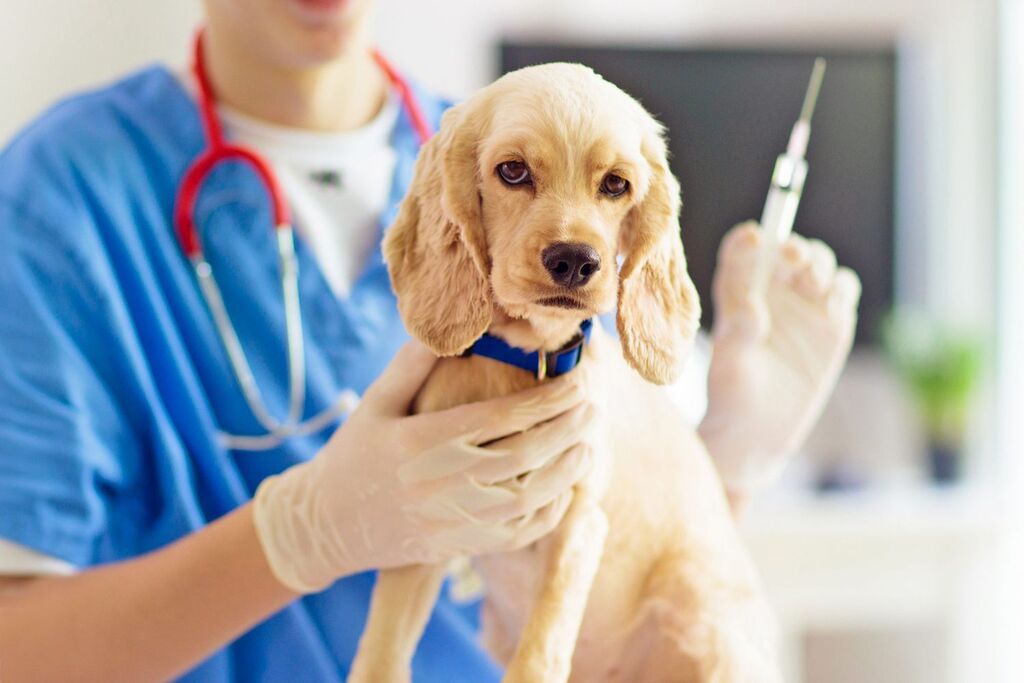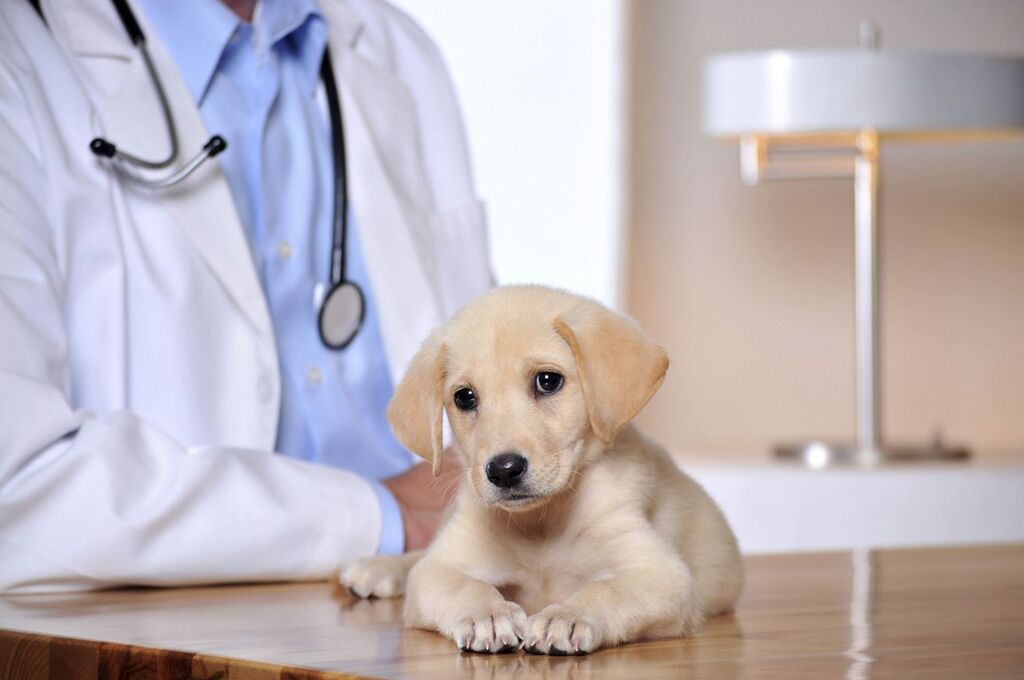
As a dedicated dog owner, your top priority is undoubtedly the health and happiness of your furry companion. Ensuring your pet’s well-being involves more than just love and attention; it requires informed decisions about their healthcare, particularly regarding canine vaccinations.
These vaccinations are not just a form of preventive care; they are a cornerstone in safeguarding your dog against a myriad of common yet preventable diseases.
This comprehensive guide is tailored to enlighten you about the pivotal role of vaccinations in maintaining your dog’s health.
We’ll delve into the specifics of why your dog’s health is crucial, emphasizing the essential vaccinations needed to shield them from various health threats. Each shot is a step towards fortifying their immune system, equipping them to fight off illnesses that can otherwise compromise their quality of life.
We will also discuss overall pet care beyond vaccinations. This includes nutritional advice, exercise tips, and wellness checks, ensuring that every aspect of your dog’s health is addressed.
You’ll gain insights from veterinary experts and seasoned pet care professionals, offering you a holistic view of what it means to nurture a healthy, thriving dog.
The Benefits of Canine Vaccinations

Canine vaccinations are crucial for maintaining your dog’s health and preventing the spread of infectious diseases.
Vaccines stimulate your dog’s immune system to produce an immune response to specific organisms. This prepares your dog’s body to fight off the disease if it enters their body.
Canine vaccinations have numerous benefits, including preventing common diseases and increasing your dog’s life expectancy.
Vaccinations protect against a wide range of diseases, such as rabies, distemper, and parvovirus, which can be life-threatening if left untreated.
Vaccinations also protect your dog from diseases that can spread to humans, such as leptospirosis and Lyme disease.
This is of particular importance if your dog is regularly in contact with other dogs or humans, such as if they often go to dog parks or have frequent interactions with other people and animals.
Understanding the importance of preventive dog care through vaccinations empowers you to make informed decisions for your dog’s health and happiness.
By staying up to date on vaccinations and working with your veterinarian to develop a preventive care plan, you can provide your furry friend with the best possible care.
Maintaining a Healthy Lifestyle for Your Dog

You love your dog and want them to be happy and healthy. Maintaining a healthy lifestyle is crucial to ensuring your furry friend’s overall well-being.
In this section, we will provide practical advice on how to take care of your dog’s health.
1. Proper Nutrition
A balanced diet is essential to keep your dog in good health. Always use high-quality dog food that meets your pet’s specific nutritional needs.
Feed your dog on a schedule, and do not overfeed them. Obesity in dogs can lead to several health problems, including joint issues, diabetes, and heart disease. Additionally, always ensure that your dog has access to clean, fresh water at all times.
2. Exercise for Dogs
Daily exercise is essential for maintaining your dog’s physical and mental health. Different breeds of dogs have different exercise requirements, so it’s important to tailor your pet’s exercise routine to their needs.
Adequate exercise promotes good cardiovascular health and prevents obesity. Regular exercise can also prevent destructive behaviors in dogs, as well as anxiety and depression.
3. Common Dog Health Issues
Just like humans, dogs can experience health issues of different kinds. It is essential to be aware of the common health issues that dogs can face.
These include flea and tick infestations, allergies, ear infections, dental problems, and skin conditions, among others. If you notice any concerning symptoms in your dog, such as vomiting, diarrhea, lethargy, or loss of appetite, consult your veterinarian immediately. Sometimes your regular vet may not be available to treat your pet on time.
Veterinary Relief Services play a crucial role in these situations, offering expert care and timely intervention. They provide temporary veterinary support, ensuring your pet receives the best possible treatment during emergencies or when your regular vet is unavailable.
Their expertise extends to a wide range of pet health issues, ensuring your furry friend is in good hands
By following these tips and taking preventive measures, you can help ensure your dog’s health and happiness.
Always prioritize their health by providing them with proper nutrition, enough exercise, and regular veterinary check-ups. Your furry friend will thank you in their way!
Conclusion
In conclusion, investing in your dog’s health and well-being is crucial for their long-term happiness and overall quality of life. By ensuring your pet receives all the necessary vaccinations and engaging in proper pet care, you are taking an important step toward maintaining your dog’s optimal health. However, there may be times when you need the help of a professional, which is where relief veterinarians and veterinary relief services come in.
Relief veterinarians offer benefits for veterinarians who need time off or extra assistance, while veterinary relief services provide temporary staffing solutions for animal hospitals and clinics. Utilizing these resources can help ensure your pet receives the care they need, even when regular veterinary staff is unavailable.
Remember, by prioritizing your dog’s health and seeking support when needed, you are taking an active role in their well-being and providing them with a happier, healthier future.
Explore Further:











